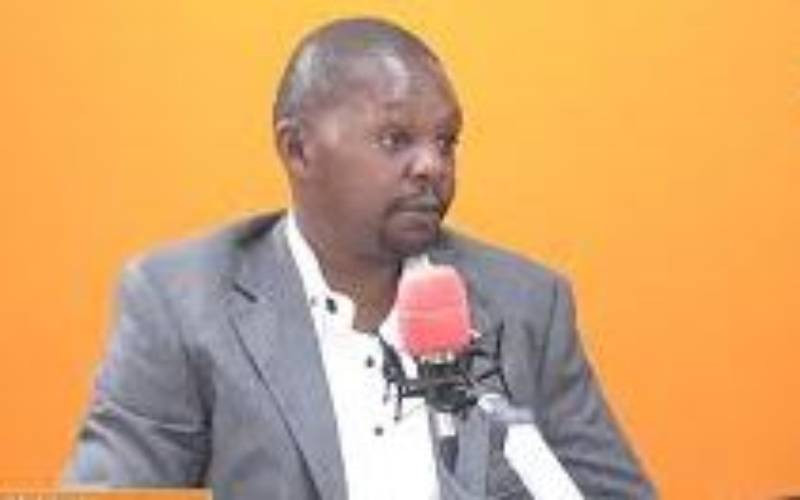×
The Standard e-Paper
Home To Bold Columnists

Parents with children undergoing cancer treatment and management can now breathe a sigh of relief after a cancer advocacy agency launched a safe house - specifically for the young ones.
The house was recently unveiled in Nairobi, with the man behind the project drawing lessons from his own experience with the deadly disease.